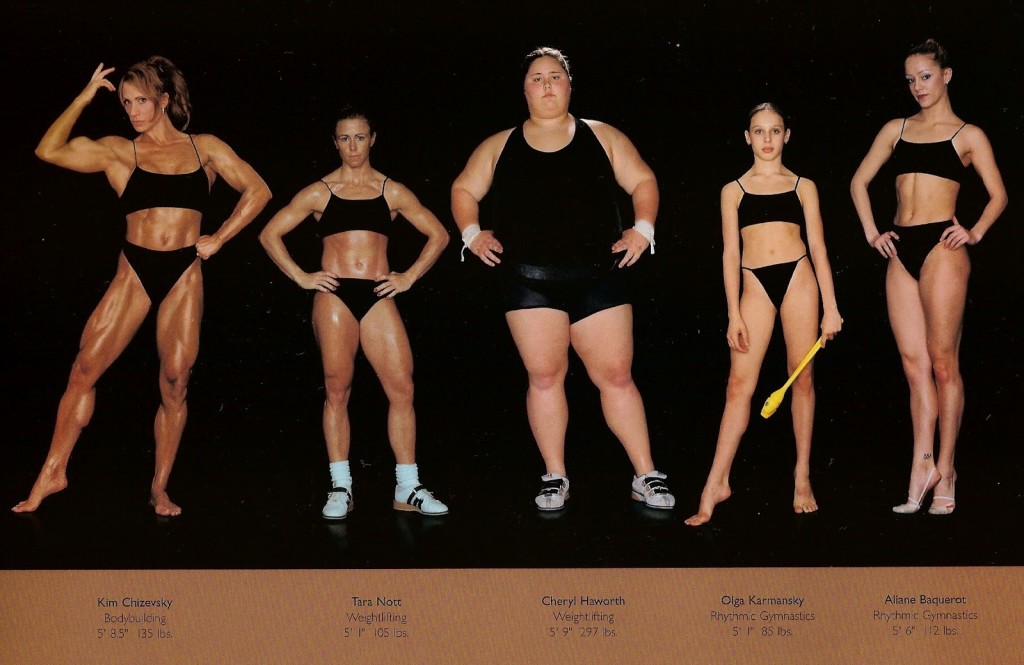Fat and Dignity
Inspired by a graduate student who had elected gastric bypass surgery as a weight reduction strategy, I took the lead on an article she co-authored with another student – a very tall, thin woman athlete. It is always great to publish in scholarly journals with students. Part of the satisfaction comes from supporting new scholars, but another part comes from delving into whole new areas of understanding based on following the fresh ideas that come from younger lives.
As it turns out, the student who had the surgery was experiencing some regret. At the time, that regret came from her deep consideration of systems of oppression – specifically the extent to which she had made the decision to have her body’s digestive system forever altered out of her own internalization of the culture’s aversion to large bodies.
I’m pretty thin. Always have been. But like almost all (if not ALL) women, I carry a deeply internalized set of criteria for what is and is not okay for my body’s size. At times in my life monitoring and adjusting based on those criteria have taken enormous amounts of my time and energy. I’ve wondered if this were a gender effect — a gender issue. Now I know more about the issue of fat phobia and the way I picked it right up — tucked it in my pocket starting in middle school and carried it with me everywhere before unpacking it a bit in the process of writing this article.
The manuscript’s focus is on consultation. The location of consultation is schools. I’m copying in the abstract below from the Journal of Educational and Psychological Consultation where the article will appear in coming months.
You see what you think. Are we in the U.S. systematically biased against large bodies? Are we, in fact, fat phobic? What does this mean for our personal and public priorities? Are we obsessed with avoiding fat or are we raising children and living ourselves with the emphasis on health at every size?
- Children and youth in schools experience the effects of cultural attitudes and values related to body size. When negatively biased, these have detrimental effects relevant to consultation practice. Drawing on the nascent field of Fat Studies with its focus on the cultural meanings attached to large bodies, we identify implications of fat phobia for school-age children and youth. Via an initial review of literature, several examples of health-positive programming, and a brief case example, we describe the social justice implications of fat phobia in school and community settings. Considering of the role of consultants for addressing fat bias, we also suggest the merit of applied interdisciplinarity as ground for consultation research and practice. The academic area of Fat Studies provides illustration of integrated disciplinary perspectives (e.g., sociology, anthropology, biology, psychology). As a professional practice, consultation is ideally situated for systematically engaging interdisciplinarity in support of outcomes that are healthy, sustainable and socially just.
 Clare Consultation, LLC
Clare Consultation, LLC
Interesting and important commentary, Mary, as always.
Nice post. Looking forward to reading the article on such a hot topic. NPR just had something on fat phobia as well.
Rumi on bodies, presumably large in at least one dimension-
There is my body,
In it an ocean formed of his glory,
All the creation,
All the universes,
All the galaxies,
Are lost in it